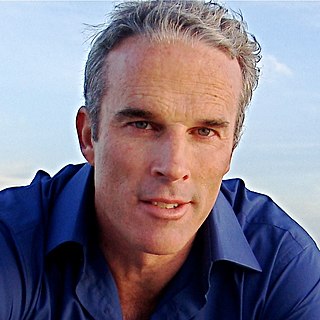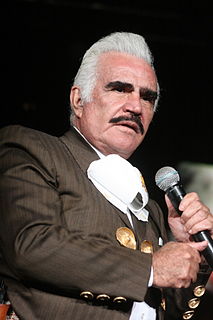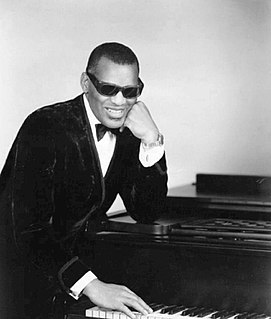A Quote by Jakob Bohme
The liver signifieth the element of water, and it is also the water; for from the liver cometh the blood in the whole body into all the members. The liver is the mother of the blood.
Related Quotes
When we think about living donor transplant, what we're banking on is the ability of the liver to regenerate itself. Now, it's not the same sort of regeneration we think about with the starfish where we cut off the arm and it grows a new arm. With the liver, what happens is the remaining liver gets bigger, and your body knows the size of the liver that it needs, and when it recognizes that there is not enough liver, it sends nutrients and signals to the liver and says "get bigger."
If we had enough cadaver organs to go around we wouldn't do living donor liver transplants because one is we don't want to put a donor at risk, but the second is that it's a more difficult surgery for the recipient because you're getting a piece of a liver rather than a whole liver. It takes you longer to recover, and it has more complications related to where we sew together the blood vessels and the bile ducts.
LIVER, n. A large red organ thoughtfully provided by nature to be bilious with. The sentiments and emotions which every literary anatomist now knows to haunt the heart were anciently believed to infest the liver; and even Gascoygne, speaking of the emotional side of human nature, calls it "our hepaticall parte." It was at one time considered the seat of life; hence its name- liver, the thing we live with.


































